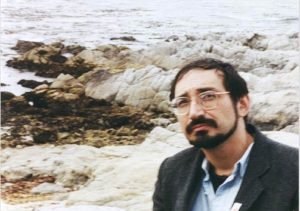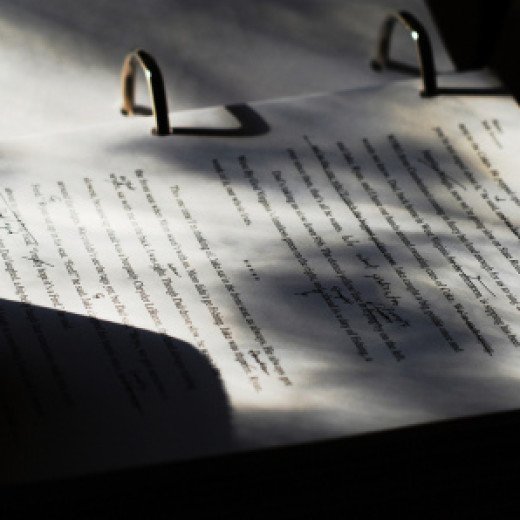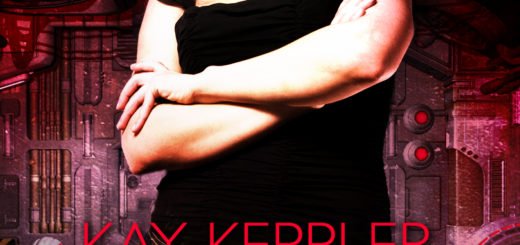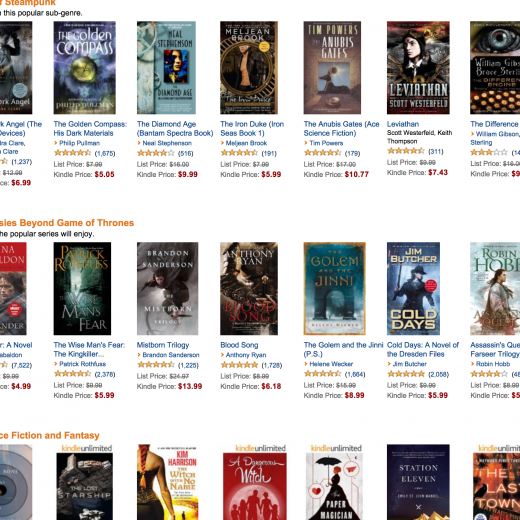The Challenge of Genre Mixing by Michael Finberg
 Today we welcome a new guest writer to Writer’s Fun Zone, Michael Finberg who is stopping by to chat with us today about “The Challenge of Genre Mixing.” Enjoy!
Today we welcome a new guest writer to Writer’s Fun Zone, Michael Finberg who is stopping by to chat with us today about “The Challenge of Genre Mixing.” Enjoy!
***
To make a big splash in today’s literary world, genre mixing is essential to a writer. Like a chemist, contrarian writers must mix many story elements to produce a powerful and fresh literary work. Premise and POV (point of view) must be chosen first, but then another critical choice awaits the writer.
Which genres shall the aspiring writer mix?
I want to share some insights about this momentous task by exploring some ideas pioneered by my writing teacher John Truby.
Let’s explore some examples from the story world of mass entertainment.
Titanic is a combination of myth, love, and disaster action.
The Dark Knight is a combination of crime, myth, and fantasy.
Harry Potter (my favorite book series) is a combination of fantasy, myth, and horror/thriller.
Each genre has its own specific beats. So mixing different genres with their different lead characters, desire-lines, and opponents can potentially cause a mess for even the most seasoned writer.
So choose your primary genre first. The genre that will give your story its single lead character, its main desire-line, and its main opponent, and use it as a foundation to build the other genres on top of it. Warning: When you add the other genre beats to your story put them only where they fit and support your chosen primary genre.
Drum-roll.
What should your primary genre be?
It should be a technical genre. These genres are more precise and have a stronger spine. They give your story a strong narrative drive.
What are the technical genres?
- Action (Defeat your opponent in battle)
- Crime (Catch the criminal)
- Detective (Solve the mystery)
- Horror (Kill the monster)
- Thriller (Avoid getting killed by the criminal)
What are the non-technical genres?
- Fantasy
- Comedy
- Love story
- Myth
- Scifi
If you combine only technical genres, which is your primary genre? That’s your choice. Can you mix two non-technical genres? There is no law that says you can’t, but it’s a difficult job. The non-technical genres are slippery because they are more complex in their beats.
For example, Love story and Scifi can clash. One is intimate, the other epic — a small picture clashing with a big one. Want to write a romcom? Trouble. Love story is about characters coming closer together. While comedy is about stepping back and having a good laugh.
Ouch.
There certainly is no law that says you can’t combine two non-technical genres, but it’s a rough ride. They are tough to mix because they lack clear beat landmarks that can speed-up the all-important narrative drive that your story will need.
When choosing genres to mix, be brutally honest with yourself. What are your strengths and weaknesses as a writer? What do you believe in? Find the genres that will express that and let them work for you. They (the genres) can be extremely powerful. They will do the heavy story lifting for you, but choose the right ones. Specialize. Even the best writers have mastered at best, only two or three genres.
Believe it.
So master your chosen genres to get the effects you want. Each genre is a complex story system, but all are knowable and specific in the way they are put together. Make the effort and commitment to master them.
Do it.
The pay-off will be huge.
Ultimately, you may want to transcend your genre of choice by writing an epic story about social change, yet expressing this daring big picture story with the juice of one-on-one drama. This transcendence will emotionally hook your audience and make them invest in your vision. Why is this important? Well, in today’s digital world of story glut, sticking out is more critical then ever, and taking a few years to get the RIGHT genre mix for your story might actually make you immortal.
This transcendence of your chosen genre beats will emotionally hook your audience and make them invest in your story vision because your work will have a bigger scope with a surprising twist to it.
***
ABOUT THE AUTHOR
 Michael Finberg began writing when he was ten years old. After graduating from UC Berkeley in 1984, Michael went to Tibet. In 1990, he dropped out of society after a lucrative career in the financial markets. The result of his ten-year pilgrimage was a ton of poetry and two novels: Harvest of Gems and The Little Monk. Michael is currently working on Zone Girl, a dream fantasy series. The first installment should be completed by 2019. His website is http://www.spiritualscififest.com.
Michael Finberg began writing when he was ten years old. After graduating from UC Berkeley in 1984, Michael went to Tibet. In 1990, he dropped out of society after a lucrative career in the financial markets. The result of his ten-year pilgrimage was a ton of poetry and two novels: Harvest of Gems and The Little Monk. Michael is currently working on Zone Girl, a dream fantasy series. The first installment should be completed by 2019. His website is http://www.spiritualscififest.com.






